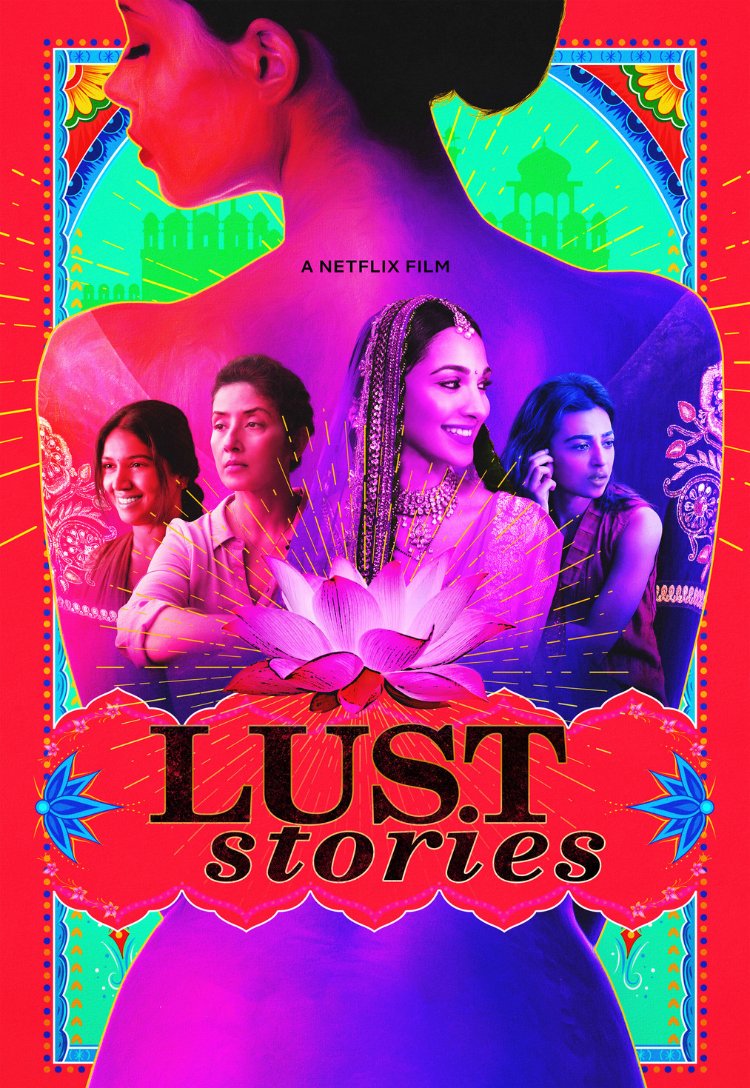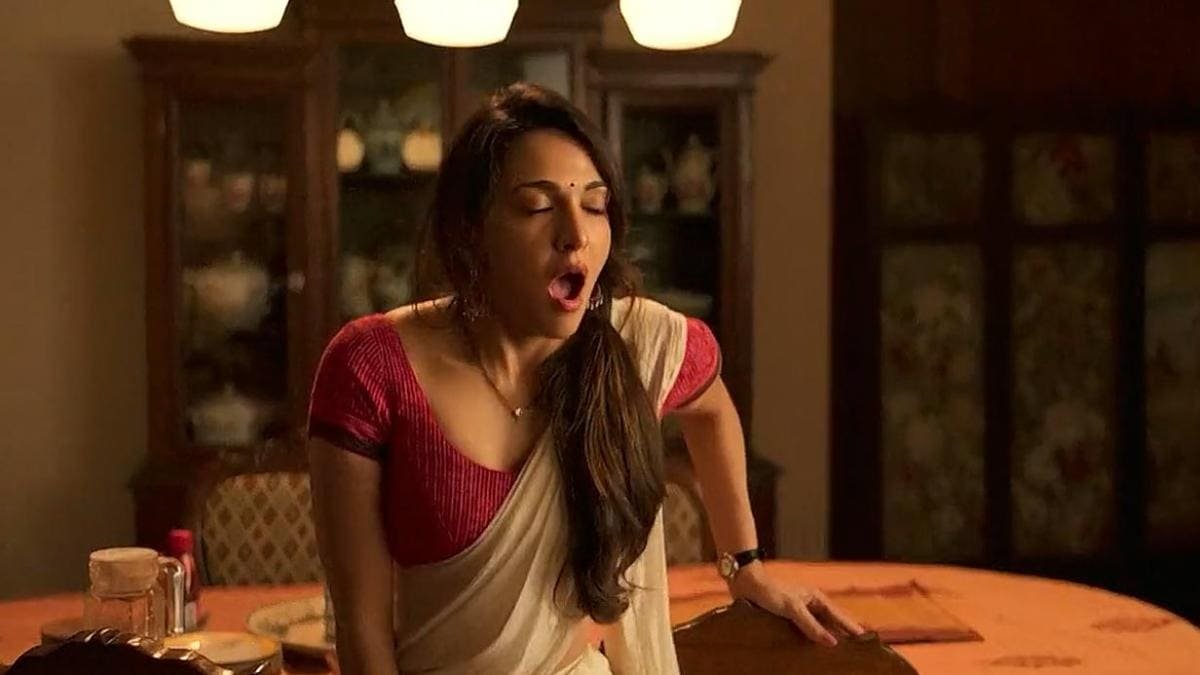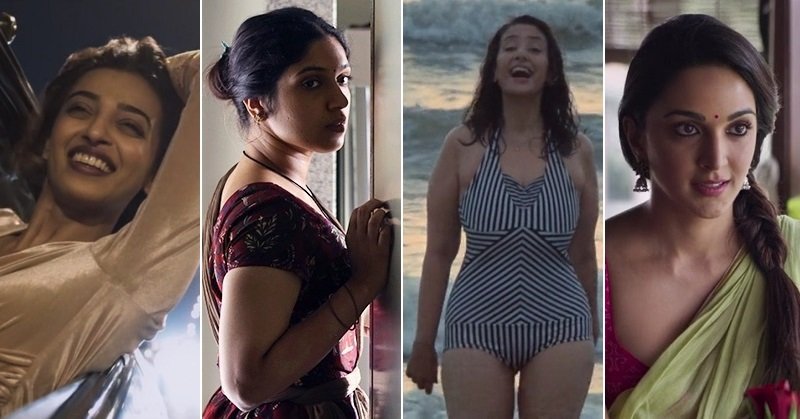Lust Stories: Hindi Cinema’s Realism Lens And The Importance Of Brown Female Desire
The female perspective on pleasure takes centre-stage in this Emmy-nominated short film anthology created by the same quartet of directors behind ‘Bombay Talkies’ (2013).
In this 2018 follow-up (a third, ‘Ghost Stories’ was released in 2020), the filmmakers prove they are part of a leading pack behind the ‘new age’ Hindi cinema that emerged in the 2010s to break perceptions of India’s cinematic style and views on taboo subjects. Here, specifically, the sex lives and wants of lower-class, older and unmarried women.
Whilst Hollywood’s diversity card equates South Asians with OTT Bollywood stereotypes, back in the homeland, today’s auteurs are rightfully stealing influences from former colonisers – both art cinema and popular culture - reinventing screen representation of modern city-dwellers in the process.
Anurag Kashyap’s mockumentary-style tale sees college professor Kalindi (Radhika Apte) proclaim to viewers, “that to love selflessly, you have to set the person you love free”. In reality, she can’t handle open dating dynamics with young student Tejas (Akash Thosar), driving her to obsessively stalk him on and offline. Even an older, financially independent woman can’t be empowered or take control of ‘patriarchal’ power structures for themselves. It’s a nice continuation to Kashyap’s hit YouTube release ‘That Day After Everyday’ (2013), depicting the daily eve teasing and public molestation working women face, which demonstrated audience demand for authentic, female-centred storytelling.
The only female director to win a Filmfare award twice (received a second time for 2019 rap musical drama release ‘Gully Boy’), Zoya Akhtar opens her film with protagonist Sudha (Bhumi Pednekar) being serviced by lover Ajit (Neil Bhoopalam) in a bedroom before cutting to her cleaning the floor right to reveal she is in fact a domestic worker, and he her employer’s son. Sudha may have to service Ajit’s patronising family to survive but also claims a right to serve herself – owning her pleasure and power, even within the hidden confines of the socially divided city apartment blocks.
Dibakar Banerjee shot the first Indian film in digital format; ‘Love’ Sex Aur Dhokha’ (2010), using hidden camera techniques to reveal interconnecting stories on honour killings, sexual exploitation and voyeurism. Here, he brings Bollywood heavyweights Manisha Koirala and Sanjay Kapoor back together as married duo Reena and Salman, caught in a love triangle with best friend Sudhir (Jaideep Ahlawat). Resentful of quitting career aspirations for marriage and motherhood, Reena wants to live more honestly but the men are reluctant, benefitting from secret sex and romance without full commitment or a dedicated wife and mother. Isn’t it easier to conform to the upper-class Joneses-walla, pretend they know nothing and carrying on as normal?
Bollywood A-List director Karan Johar, takes a step away from the wholesome, epically successful popular dramas he became known for in earlier decades, to entertain us with feisty, sexy, empowered female teachers at an all girls’ school, horrifying mothers at how they are influencing their impressionable coming-of-age daughters. Rekha (Neha Dhupia) gives newly-married protégé Megha (Kiara Advani) a lesson on self-love advising that, “men are selfish and we have to pleasure ourselves”, when Megha confesses she is disappointed with oblivious husband Paras’s (Vicky Kaushal) inconsiderate ‘5 second’ performance in the bedroom. Megha takes matters into her own hands, with hilarious, orgasmic consequences before an audience of stern, sexless matriarchal in-laws, all aptly to the title song from Johar’s blockbuster hit, Khabhi Khushi Khabhi Gham.
Words: Reshma Madhi










